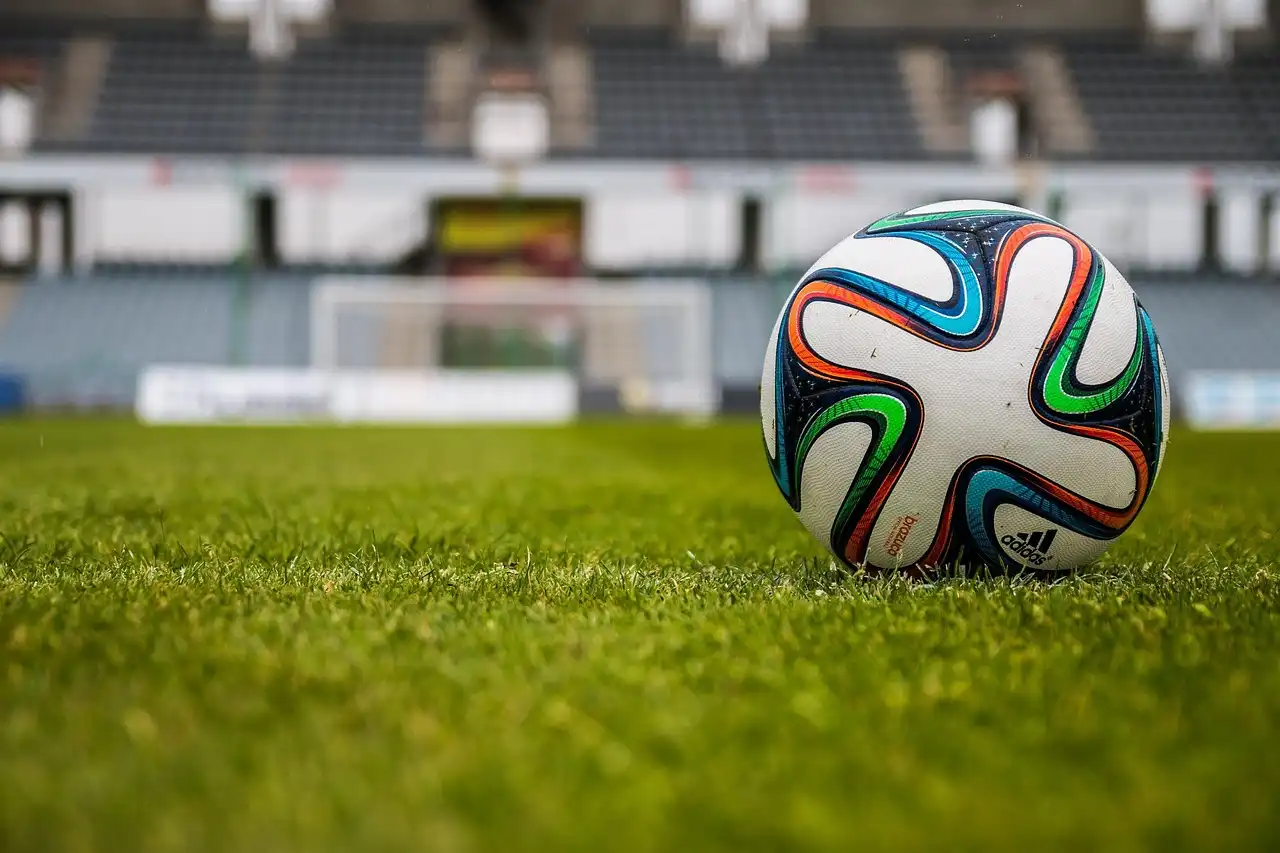The Loneliest Island: How Goalkeepers Master the Mental Game
Muhe - Monday, 14 July 2025 | 06:30 PM (WIB)


The Weight of the World: Living in the Pressure Cooker
Think about it. A forward misses a sitter, and sure, it’s a bummer, but there’s always another attack, another chance to redeem themselves. A defender makes a dodgy pass, and their teammates can often cover. But a goalkeeper’s mistake? That’s almost always a goal. Game over. Or at least, a massive dent in the team’s aspirations. Every single error is magnified, replayed ad nauseam on the big screen, dissected by pundits, and remembered by fans. That’s a heavy load to carry, especially when it’s 80,000 people screaming your name—or, worse, booing it. Imagine a penalty shootout. The entire stadium is a swirling vortex of noise and tension. Each kick is a binary event: save or concede. The keeper stands there, a human target in a universe of expectations. They have to read body language, anticipate the shot, and make a split-second decision that could decide the fate of a championship. Talk about a pressure cooker! It's not just about the physical dive; it's about the mental chess match happening within seconds, often under lights brighter than a supernova.When the Ball Slips Through: The Art of the Short Memory
Here’s the rub: even the very best goalkeepers in the world make mistakes. It’s an inevitable part of the game. A bobble, a misplaced punch, a shot that somehow squirms under an arm. The ball finds the net, and that gut-wrenching feeling washes over them. But what separates the legends from the rest isn't the absence of errors, but the immediate, almost superhuman ability to bounce back. This is where the mental game truly kicks in. After conceding a soft goal, a keeper can't afford to dwell. There’s no time for a pity party, no space for self-recrimination. They have to shake it off, instantly. It’s about having the "shortest memory in football." One moment they’ve let a howler in, the next they’re screaming at their defenders, organizing the back line, and getting ready for the next incoming attack as if nothing happened. That’s not just a skill; it’s an absolute necessity. It's like having a mental reset button that works instantaneously, letting go of the past and focusing solely on the present moment, on the next shot, the next cross, the next potential threat.The Mind as a Muscle: Training Beyond the Tangibles
So, how do they do it? Is it innate, or can this incredible mental resilience be cultivated? Increasingly, professional clubs are investing heavily in sports psychologists and mental conditioning coaches for their goalkeepers. It's not just about drills to improve catching or diving; it’s about training the mind like any other muscle.- Visualization: Picturing successful saves, rehearsing scenarios in their mind.
- Positive Self-Talk: Replacing negative thoughts with affirming ones, even after a blunder. "Next ball," "I got this," "Focus."
- Breathwork: Using controlled breathing to manage anxiety and stay calm under pressure.
- Routine: Sticking to pre-game rituals to build consistency and mental readiness.
The Unsung Heroes of the Psyche
Next time you watch a game, take a moment to really observe the goalkeeper. Beyond the spectacular saves and the occasional unfortunate mishap, consider the immense mental fortitude required to play that position. They spend long periods relatively inactive, only to be thrust into moments of intense, high-stakes action where a single misjudgment can be catastrophic. They must maintain focus for 90 minutes (or more!), enduring the taunts of the crowd, the pressure of their teammates, and the constant threat of failure. The goalkeeper’s mental game is truly something else. It’s a testament to the power of the human mind to endure, to adapt, and to excel under conditions that would crumble most individuals. So, while the strikers bask in the glory of goals, let's give a nod to the unsung heroes of the psyche, the mental giants standing tall between the posts. They’re not just physically strong; they’re mentally bulletproof. And that, in the beautiful, chaotic world of football, is perhaps their most impressive save of all.
Liverpool vs Arsenal Prediction: Week 3 of the 2025/2026 Premier League
14 days ago

Rayo Vallecano vs. Barcelona Prediction: Week 3 of La Liga 2025/2026
14 days ago

Messi's Last Dance? The GOAT Hints at a Potential World Cup Farewell in 2026
15 days ago

Real Madrid vs Mallorca Prediction: Los Blancos Aim for Third Consecutive Win
15 days ago

West London Derby: Chelsea vs. Fulham Prediction, Week 3 Premier League Match
16 days ago

Manchester United vs Burnley Prediction: Tough Test at Old Trafford
16 days ago

The Roar of History: Why Almaty Ortalık Stadium Isn't Just a Venue, It's Kazakhstan's Heartbeat
16 days ago

Wayne Rooney’s Stark Warning: Can Manchester United Still Attract Elite Managers?
16 days ago

The End of the Road: Ole Gunnar Solskjaer's Turkish Adventure Concludes Abruptly at Besiktas
16 days ago

Argentina vs. Venezuela: Lionel Messi's Final Moments in Home?
16 days ago
